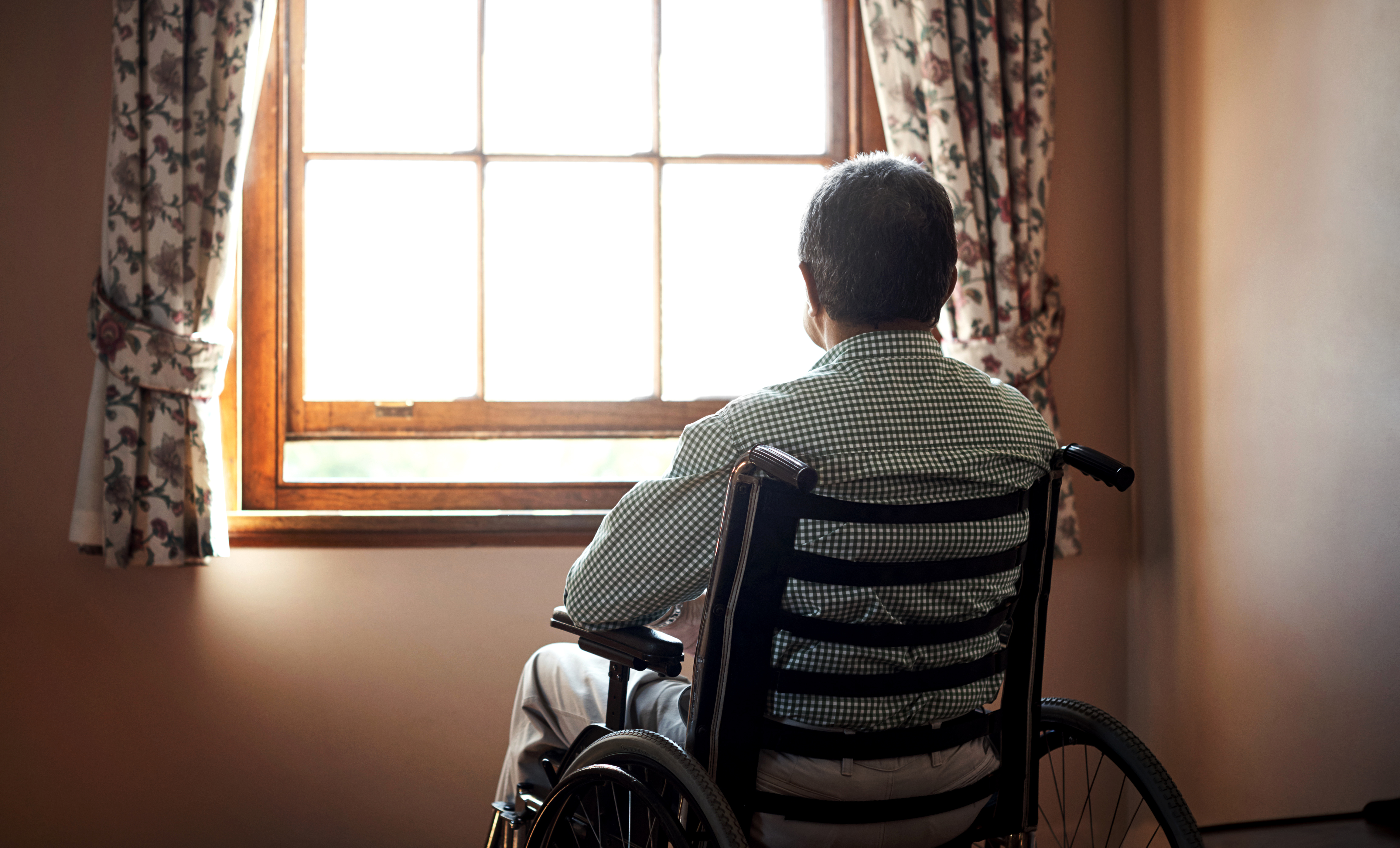AARP Hearing Center
The following opinion article was first published for AARP Texas in The Texas Tribune. To view the post, visit: https://www.texastribune.org/paid-post/power-outages-in-texas-need-not-turn-deadly/
In the chilly hours preceding Valentine’s Day 2021, Lora Taylor and her husband, Don, frantically prepared for a cold snap and possible rolling power blackouts.
For them, even short stints without power at their home in Katy, near Houston, is nightmarish. Their now-41-year-old daughter, Julie, has a life-long severe seizure disorder and major respiratory problems that require electrical equipment for her to survive.
Julie didn’t experience any major seizures in the days that followed. The big worry was being able to keep her breathing. Without electric-powered suctioning equipment nearly always running, mucus can clog her airway.
Winter Storm Uri hit. On the night of Feb. 14, an Arctic blast began to overwhelm the Texas power grid. At 8 a.m. the next morning, Monday, the Taylors – and eventually, roughly two-thirds of all Texans – lost power as the state was blanketed with ice and snow.
“They kept saying to expect rolling blackouts, but that was not the case at all,” Lora recalls. “The blackouts were constant and we were in the middle of a pandemic.”

For 52 hours, the Taylors were without power, during which they kept Julie warm and breathing by connecting her machines to a car battery. The charge was not as strong as when plugged into a standard power source. “I cannot begin to express the fear and stress of wondering if (the machines) were going to quit working altogether and leave us stranded,” Lora wrote in a letter to legislators.
The Taylors also had pipes burst and were also without water. They didn’t have a backup generator at their home. Their usually reliable plan for possible power-loss situations, like hurricanes and storms, was to evacuate. But this storm was widespread and leaving home wasn’t realistic. Buying a generator during the storm also wasn’t possible.They weren’t alone in struggling during Uri. Over the course of the storm, at least 246 people died, most of them older Texans. While the Texas Legislature has since taken some steps to address shortcomings in the systems that power the state, little has been done to protect medically vulnerable Texans from future power-loss events.
For some medically vulnerable people, power outages can cause acute health impacts that may become life threatening in a matter of hours. Even so, today, nursing homes and assisted living facilities in Texas are not required to have backup power to maintain safe temperatures and run lifesaving electrically powered devices during outages. Backup power is also not in place for thousands of Texans living in their homes across the state who have had doctors attest to their dependency on electric-powered devices to sustain life.
Something must be done. A year ago, medically vulnerable Texans and their families braved COVID concerns to show up at the Public Utility Commission of Texas in person to make a case for better protections. No action was taken.
Last session, the Legislature passed a bill that required a study on the availability of backup power at long-term care facilities in Texas. The study found that under half of the state’s assisted living facilities responding to the survey reported having an onsite generator. Other disaster-prone states, like Florida, require all nursing homes and assisted living facilities to have backup power for at least 96 hours. This session, AARP is supporting HB 795 by Representative Ed Thompson to create a similar requirement in Texas.
It is equally important to devise a solution for “critical care” residential electricity customers across the state. Some states have developed programs to facilitate emergency backup power for at-risk customers. AARP supports proposals to help defray the cost of backup power for income eligible medically-needy households.
“Our situation during the storm could have been tragic,” said Lora, who serves on the Texas Council of Developmental Disabilities. “It’s my hope and prayer that something will be done. (Texas has) a budget surplus. This is the time to invest in the things that people otherwise say we don’t have the money for. This is the time to make the investment so that we’re not facing the same situation again.”































































